 We were recently given a preview of MeeGo for Internet tablets, but now the Open Source Linux-based OS from Nokia and Intel has been publicly outed running on smartphone hardware.
We were recently given a preview of MeeGo for Internet tablets, but now the Open Source Linux-based OS from Nokia and Intel has been publicly outed running on smartphone hardware.
It’s only a few UI screen shots and a YouTube video of the OS running on some kind of reference device, but it gives us a good idea of how MeeGo is translating to the small screen, and how much of its Nokia Maemo legacy remains.
First impressions are generally good; the UI is pretty in parts, if a little barebones (think: Android) in some areas. The contact/address book isn’t much to look at, for example, while the web browser and webOS-esque task switcher appears much more fully baked. Overall, however, it looks promising.
Video and more screen shots after the jump…
Continue reading »
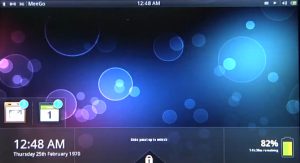 Another day,
Another day, 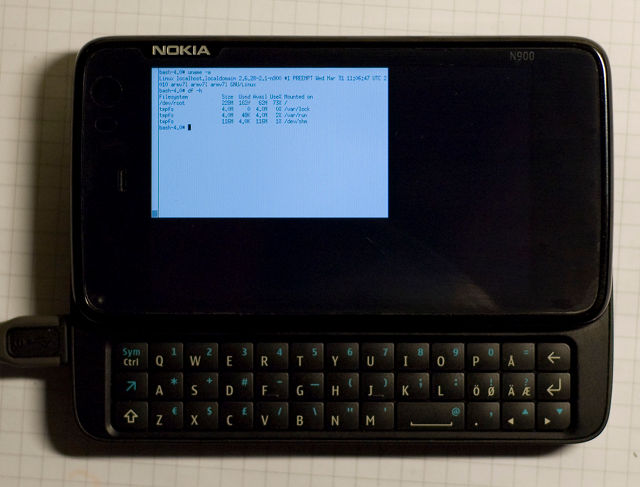
 They were already known to be
They were already known to be 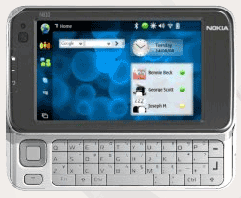 This one feels like a bit of a re-announcement but over time could well amount to more. Chip maker Intel and handset maker Nokia held a joint press call today to tell the world about a new “long term relationship” to share R&D and key technologies to develop a new mobile platform or range of devices that “go beyond today’s smartphones, notebooks and netbooks”.
This one feels like a bit of a re-announcement but over time could well amount to more. Chip maker Intel and handset maker Nokia held a joint press call today to tell the world about a new “long term relationship” to share R&D and key technologies to develop a new mobile platform or range of devices that “go beyond today’s smartphones, notebooks and netbooks”.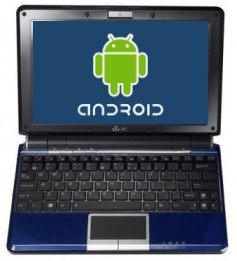
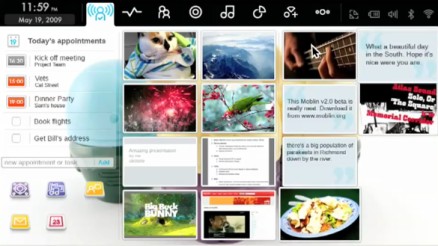
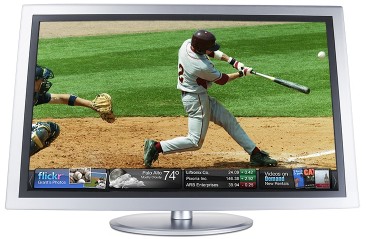
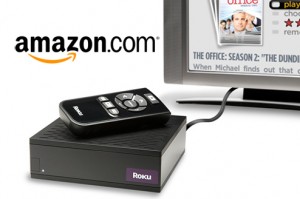 With the Consumer Electronics Show just around the corner, it’s traditional for companies to push out a flurry of pre-show announcements, hopefully clearing the way for more exciting news. Today, a number of industry players announced partnerships relating to getting Internet content onto the TV – a theme that will,
With the Consumer Electronics Show just around the corner, it’s traditional for companies to push out a flurry of pre-show announcements, hopefully clearing the way for more exciting news. Today, a number of industry players announced partnerships relating to getting Internet content onto the TV – a theme that will,  I’m getting a case of deja vu. Apparently, 2009 will be the year that Internet ‘widgets’ come to the TV.
I’m getting a case of deja vu. Apparently, 2009 will be the year that Internet ‘widgets’ come to the TV.